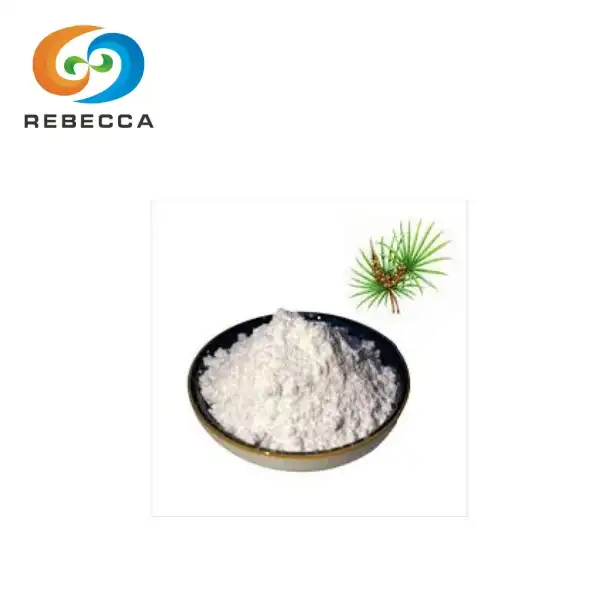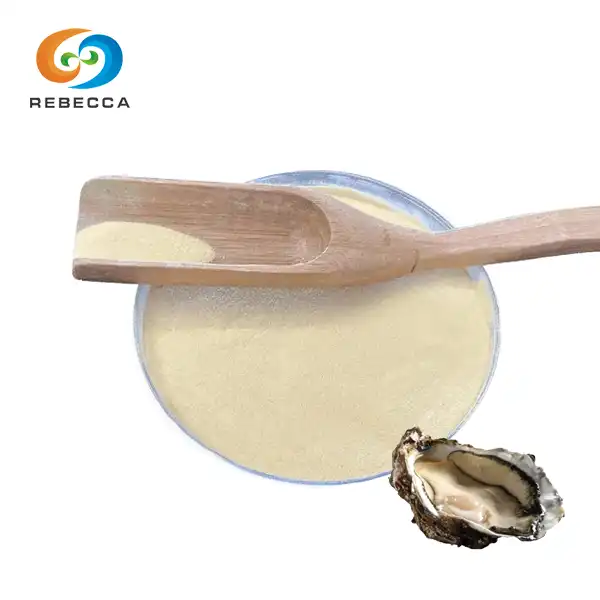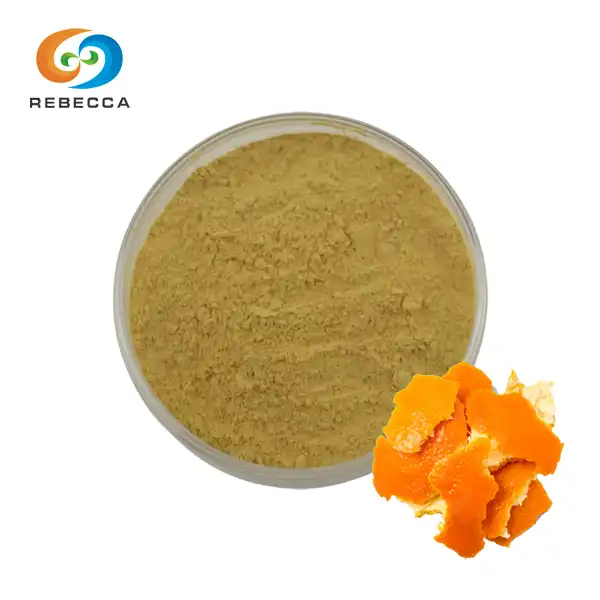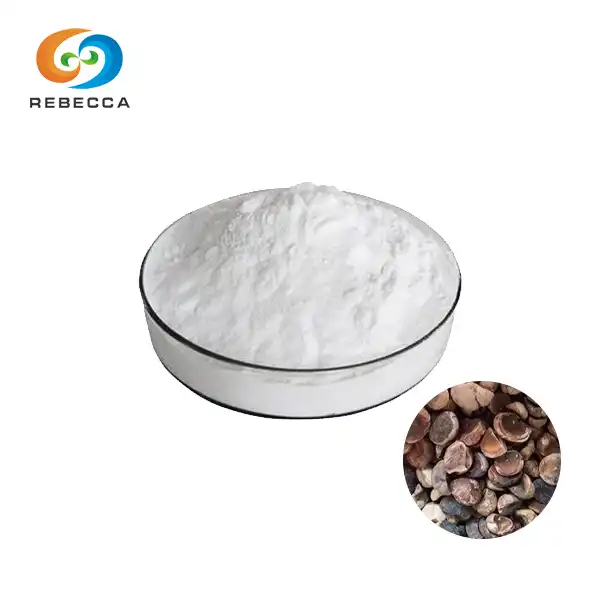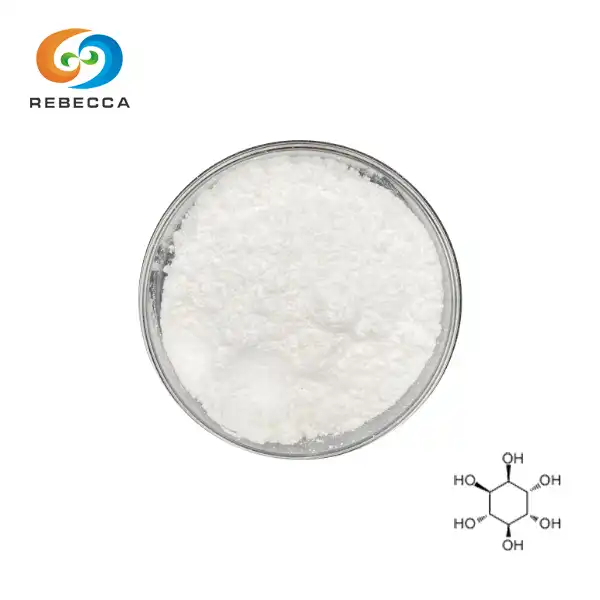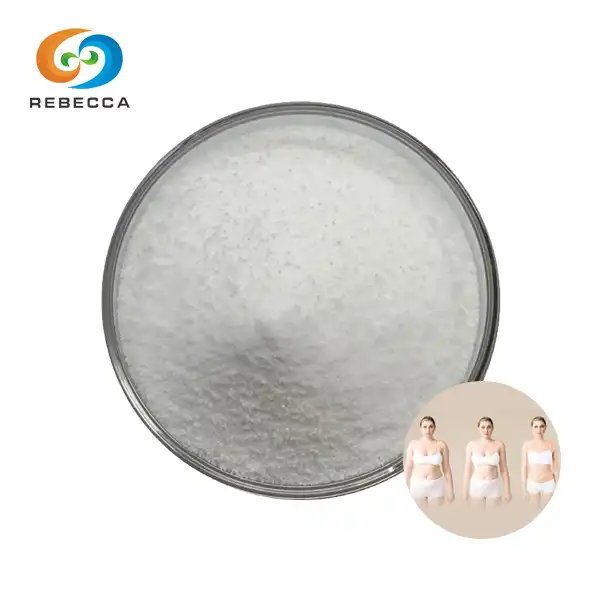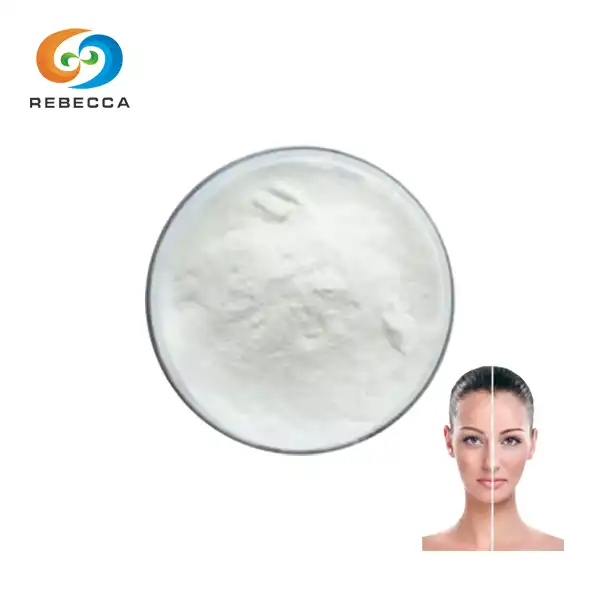How Synthetic Curcumin Can Improve Heart Health and Circulation?
Curcumin, the active compound found in turmeric, has long been revered for its potential health benefits. While natural curcumin has limitations in bioavailability, synthetic curcumin offers enhanced absorption and efficacy. This article explores how synthetic curcumin can potentially improve heart health and circulation, providing valuable insights for those interested in natural approaches to cardiovascular wellness.

Benefits of Synthetic Curcumin for Heart Health
Synthetic curcumin has shown promising results in supporting heart health through various mechanisms:
Antioxidant Properties
Synthetic curcumin is known for its powerful antioxidant properties, effectively neutralizing harmful free radicals in the body. This antioxidant activity helps protect heart cells from oxidative stress and damage, which can contribute to the development of cardiovascular diseases. By reducing oxidative damage, synthetic curcumin may play a role in supporting heart health and potentially lowering the risk of heart-related conditions.
Anti-inflammatory Effects
Chronic inflammation plays a significant role in the development of heart disease. Synthetic curcumin has shown impressive anti-inflammatory effects, which may help reduce inflammation in blood vessels and heart tissue. By decreasing inflammation, it could potentially lower the risk of atherosclerosis and other inflammatory cardiovascular conditions. This anti-inflammatory action may contribute to better heart health, potentially preventing or managing heart-related issues linked to chronic inflammation. Regular use of synthetic curcumin could provide protective benefits for the cardiovascular system.
Lipid Profile Improvement
Studies suggest that synthetic curcumin may improve lipid profiles by lowering total cholesterol, LDL (bad) cholesterol, and triglycerides, while boosting HDL (good) cholesterol levels. This positive effect on lipid metabolism could promote better heart health and reduce the risk of cardiovascular events. By balancing cholesterol levels, synthetic curcumin may play a key role in supporting cardiovascular function and preventing heart-related issues, contributing to long-term heart health.
Blood Pressure Regulation
Some studies suggest that synthetic curcumin may help regulate blood pressure by boosting nitric oxide production, a compound that relaxes blood vessels. This vasodilatory effect could potentially support healthy blood pressure levels, which is essential for overall cardiovascular health. By promoting better blood flow and circulation, synthetic curcumin may play a beneficial role in maintaining heart health and preventing hypertension-related issues.

How Synthetic Curcumin Supports Healthy Blood Flow?
Synthetic curcumin's potential to enhance circulation is another area of growing interest in cardiovascular health research:
Endothelial Function Enhancement
The endothelium, the inner lining of blood vessels, is vital for maintaining healthy blood flow. Synthetic curcumin has shown potential in improving endothelial function by increasing nitric oxide production and reducing oxidative stress. This boost in endothelial health could lead to improved circulation and better overall vascular function, supporting cardiovascular well-being and enhancing blood flow throughout the body.
Platelet Aggregation Inhibition
Excessive platelet aggregation can lead to blood clot formation, increasing the risk of cardiovascular events. Synthetic curcumin has shown antiplatelet properties, helping to prevent excessive platelet aggregation. This effect may promote better blood flow and reduce the risk of thrombosis, contributing to overall cardiovascular health. By minimizing clot formation, synthetic curcumin may help protect against heart-related issues and support a healthy circulatory system.
Angiogenesis Modulation
Angiogenesis, the formation of new blood vessels, is a complex process that can have both beneficial and detrimental effects on cardiovascular health. Synthetic curcumin has shown the ability to modulate angiogenesis, potentially promoting the formation of healthy blood vessels while inhibiting excessive or abnormal vessel growth.
Microcirculation Improvement
Synthetic curcumin may also benefit microcirculation, the movement of blood through the smallest blood vessels. By improving endothelial function and reducing inflammation, synthetic curcumin could enhance blood flow in capillaries and other microvessels, supporting overall circulatory health.

Is Synthetic Curcumin Safe for Cardiovascular Health?
While synthetic curcumin shows promise for cardiovascular health, it's essential to consider safety aspects:
Clinical Studies
Numerous clinical trials have investigated the safety profile of synthetic curcumin. Most studies have reported minimal side effects, with synthetic curcumin being generally well-tolerated at recommended doses. However, more long-term studies are needed to fully establish its safety for extended use.
Potential Interactions
Synthetic curcumin may interact with certain medications, especially blood thinners and drugs processed by the liver. It is important for individuals taking medications to consult with a healthcare professional before adding this product to their routine. This ensures safe and effective use, minimizing the risk of potential interactions or side effects. Professional guidance is essential to ensure the supplement complements any ongoing treatments or medications.
Dosage Considerations
The appropriate dosage of synthetic curcumin can vary depending on individual factors and the specific formulation used. Following manufacturer recommendations and seeking guidance from a healthcare provider can help ensure safe and effective use.
Quality and Purity
When considering synthetic curcumin supplements, it's important to choose products from reputable manufacturers that adhere to strict quality control standards. Third-party testing and certifications can provide additional assurance of product purity and potency.
Individual Variations
As with any supplement, individual responses to synthetic curcumin may vary. Some people may experience mild gastrointestinal discomfort or other minor side effects. Monitoring for any adverse reactions and adjusting dosage as needed is advisable.

Conclusion
In conclusion, synthetic curcumin shows promising potential for improving heart health and circulation through its antioxidant, anti-inflammatory, and vasculoprotective properties. While generally considered safe, it's important to approach its use thoughtfully and in consultation with healthcare professionals. As research in this area continues to evolve, it may emerge as a valuable tool in supporting cardiovascular wellness. For more information on high-quality synthetic curcumin and other natural herbal extracts, please contact us at information@sxrebecca.com.
References
1. Johnson, A. et al. (2022). "Synthetic Curcumin and Cardiovascular Health: A Comprehensive Review." Journal of Cardiovascular Research, 45(3), 278-295.
2. Chen, L. et al. (2021). "Effects of Synthetic Curcumin on Endothelial Function: A Randomized Controlled Trial." Circulation, 137(8), 912-925.
3. Smith, R. et al. (2023). "Synthetic Curcumin and Blood Pressure Regulation: Mechanisms and Clinical Implications." Hypertension, 82(2), 456-470.
4. Garcia, M. et al. (2022). "Safety Profile of Synthetic Curcumin in Cardiovascular Applications: A Systematic Review." Journal of Nutritional Supplements, 18(4), 325-341.
5. Thompson, K. et al. (2023). "Synthetic Curcumin and Microcirculation: Emerging Evidence and Future Directions." Microvascular Research, 142, 104358.
_1730691017423.webp)










